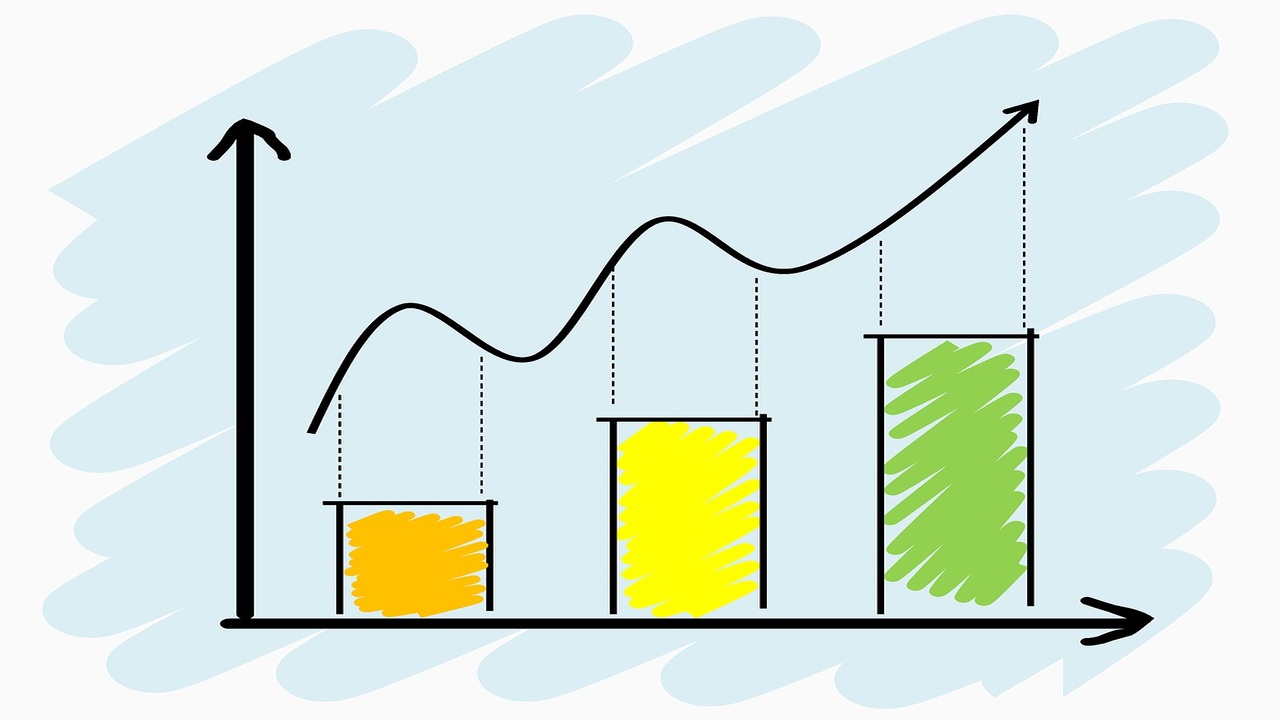Money market securities are short-term debt instruments with a fixed interest rate. Treasury bills, commercial paper, certificates of deposit, and repurchase agreements are examples. Because of the liquid nature of the underlying securities, the money market is a secure place to invest. This article discusses the about money market definition with examples, importance, objectives, features, pros, benefits and more.
Both the NSE and the BSE provide access to money related security instruments. The Reserve Bank is responsible for interest rates. The risk associated with the these markets is small. This is because the majority of instruments have a maturity of one year or less. These types of money market is vital to the international monetary system. It consists of overnight transactions between financial institutions and the United States government. The majority of transactions on these market occur between corporations and financial institutions.
Money Market Definition
Investing in short-term loans is a component of money market trading. Institutions and wholesale merchants are responsible for large-volume transactions. It includes money market mutual funds and bank client accounts. Individuals have the ability to invest in money market mutual funds. In any case, these are more secure and produces low returns.
The money market short form is MM. It is a financial market where exchanges trade short-term financial assets. The assets must be liquid for one year. Bills and securities are available in abundance. Participants are able to trade their funds for short-term loans. This sector of the economy comprises banks, institutional investors, and private investors.
Money Market Funds Definition
MMMFs are liquid, open-ended investment funds that are use to satisfy short-term liquidity needs. Money market funds invest primarily in cash and cash equivalents with a one-year maturity and fixed interest rate. The management of the fund invests in treasury bills, commercial paper, certificates of deposit, bills of exchange, and other such instruments.
Money Markets Examples
The money market includes T-bills, commercial paper, certificates of deposit (CDs), repurchase agreements (repos), and money market mutual funds that invest in these products. Regardless of market movements, each share of MM funds costs $1.
T-bills are a well-known commodity on the money market. This financial instrument has a short maturity. The discount on the document provided by the Indian government ranges from 14 to 364 days. The government desires to provide investors with long-term financial instruments. There are auctions for T-bills with maturities of 14 days, 28 days, 91 days, and 364 days.
Importance of the Money Market
Short-term trades are conduct on the these market. It is responsible for market liquidity. Contemporary financial economies must be efficient. The importance of the money market is categorize as follows:
- It ensures that the supply and demand for monetary transactions in the market are balance over a period of six months to one year.
- Through the regulation of interest rates, the money market mobilizes capital. It improves institutional capabilities.
- It is responsible for the expansion and development of the economy, as well as the growth of businesses and their associated funds.
- The current situation of these market is the result of monetary policies implement in the past.
- It aids in the implementation of monetary policy.
- Money markets promotes business and commerce.
- It satisfies its working capital needs through money security instruments.
- Money markets determine banks cash reserve and liquidity ratios.
- It increases domestic and international trade, and it influences long-term interest rates.
- The government can raise funds for the near term by selling securities such as Treasury notes. Otherwise, the government will be force to create more money or borrow, contributing to inflation. As a result, inflation is controlled.
Objectives of Money Market
The MM is a market for assets with short-term duration. The following are objectives of money market:
- The MM supports organizations in acquiring operating capital.
- Individual enterprises, government bodies, and others are able to obtain inexpensive short-term financing. Since these market assets are short-term, lending institutions will have more liquidity.
- It also permits lenders to invest any excess funds. Consequently, both the lender and the borrower are recognize.
- it is a crucial source of funding for the government, which plays a significant role in domestic and international trade. Consequently, banks are able to store excess funds.
- The RBI is in charge of the money market. Because most businesses lack working capital, it controls the total liquidity of the economy.
Pros of Money Market Instruments
Short-term debt instruments are liquid and secure. Numerous individuals view them as monetary counterparts that might be switched for cash at any point. Learn the characteristics of the money market first.
- It is a market selection. It is a liquid. Each submarket, including call money, notice money, etc., is interconnected.
- The investments have a one-year maturity and are still in the process of being developed. Always include a fresh instrument.
- This permits cash to flow from one market to another; everyday asset trading is substantial. This solves the immediate financial needs of the debtors.
Features of Money Market
These financial instruments are exceedingly low risk, and CDs and Treasury bills practically never result in a loss of capital. Several MM funds lost money during periods of financial hardship, but the problems were quickly corrected. Let us compare financial instruments.
- The Reserve Bank of India, commercial banks, LIC, and others are significant participants.
- Treasury bills, commercial papers, certificates of deposit, and demand deposits are examples of money instruments.
- It is a global market for short-term financial support, such as working capital.
- Because it comprises short-term instruments, it is liquid. Most money securities have fixed rates of return.
Purpose of the Money Market
These overnight or short-term loans help governments, corporations, and banks meet short-term obligations or regulatory requirements. Let us study the purpose of money market’s.
- The current state of the money securities is the result of past monetary policy. It contributes to the creation of innovative ideas for the short-term money supply.
- The MM maintains market liquidity. The RBI regulates liquidity using money related instruments. It fulfills the immediate needs of the government and the economy.
- It invests funds, enables transparent financial transfers, and determines monetary policy.
- Companies can borrow money if they need money immediately. Facilitates the short-term return of market excess funds.
Who Uses the Money Market?
Common form of wholesale lending is commercial paper. Commercial paper provides a broader variety of maturities, from overnight to 270 days, and offers higher rates of interest than bank term deposits or Treasury bills. Commercial paper carries a greater default risk than government- or bank-issued goods.
Examples of personal money market investments include MM funds, short-term CDs, municipal notes, and US Treasury bills. On the open market, individual investors can purchase MM funds. Local banks and TreasuryDirect.gov are examples. Additionally, brokers can invest in these market.
On the MM, the US government issues Treasury bills with maturities ranging from short to long term. They are purchase from the government by primary dealers, who then trade or sell them to private investors. Individuals can acquire them directly through Treasury, direct or indirectly through a bank or broker. Municipalities, counties, and states issue short-term obligations.
Money Markets vs. Capital Markets
Money market obligations have a one-year maturity. Investors gain a little return, while governments and businesses maintain their cash flow.
The capital market enables the purchase and sale of long-term debt and stock. The term “capital markets” refers to the stock and bond markets. Even though anyone can buy or sell a share of stock in a fraction of a second on the modern market, most companies issue stock to raise funds for operations. A stock’s value may rise and fall, but it has no expiration date (unless, of course, the company itself ceases to operate).
Conclusion
Money market instruments are not without risk, notwithstanding their minimal risk. Unsystematic financial markets Short-term trading is practice by banks, brokers, and money changers. Money market instruments include call money, T-Bills, commercial paper, CDs, trade credit, bills of exchange, and promissory notes. These are easily redeemable instruments.







